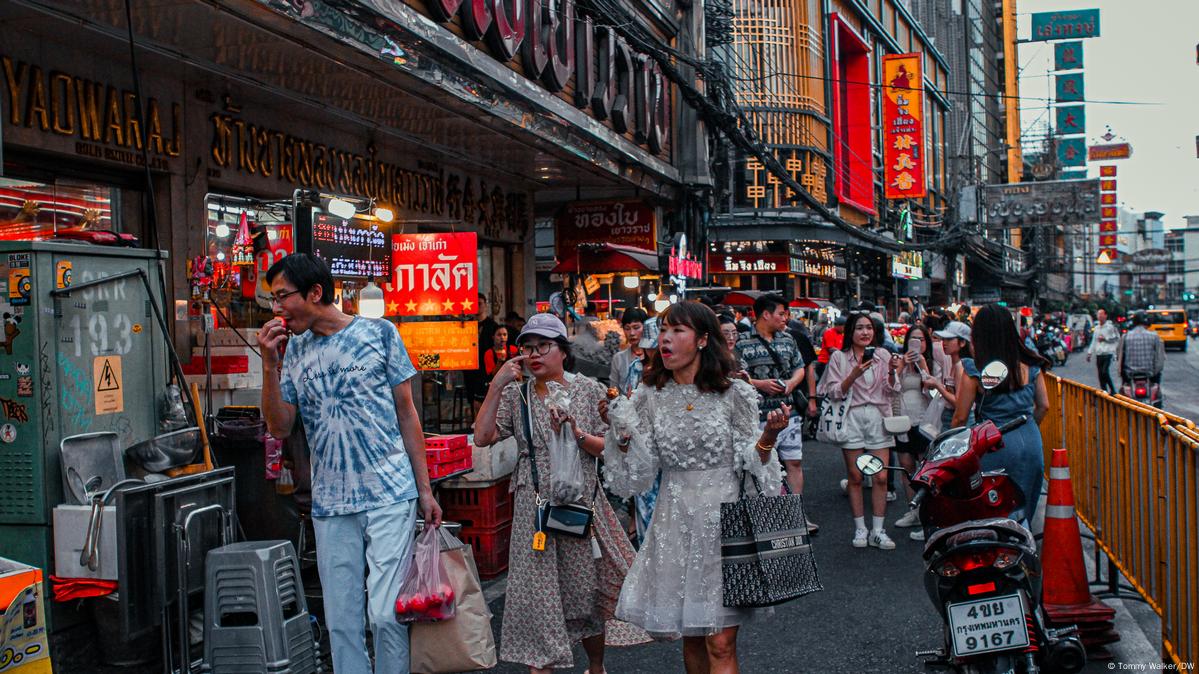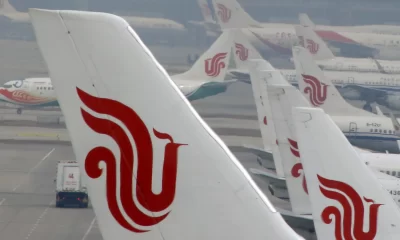COVID-19 WATCH
Covid-19: How China have turned things around for Tourists

Talk about a country setting behind a dark past in order to move forward, you look at what China is doing post the Covid-19 pandemic…
China has made a remarkable comeback on the global tourism stage, thanks to strategic post-pandemic policies designed to attract visitors and stimulate the economy. Key to this resurgence is the scrapping of entry permits for tourists from over a dozen countries, significantly simplifying travel logistics.
The easing of visa restrictions and the introduction of visa-free entry for tourists from over a dozen countries have significantly boosted foreign tourism, breathing new life into China’s economy.
Read More:
China’s oil refining output declines amid seasonal maintenance, economic concerns
G7 leaders conclude summit with focus on China, historic Pope appearance
China begins Crackdown on Social Media Influencers
Previously, all foreign visitors had to endure the lengthy and cumbersome process of applying for a Chinese visa. Now, tourists from countries including France, Germany, Italy, Spain, Australia, New Zealand, and Poland can fly into China and stay for up to 15 days without the need for an entry permit. This streamlined process has been a game-changer, attracting thousands of visitors eager to explore China’s rich cultural heritage and modern marvels.

Since the policy changes, the impact on tourism has been palpable. Data from China’s largest online travel agency, Trip.com, reveals a 150% year-on-year surge in bookings from countries covered by the new visa policy, including France, Germany, Italy, Malaysia, and Thailand, as of June 24. Bookings for July and August are also expected to see significant increases, indicating a sustained interest in visiting China.
“We’re very excited to see the trend. Lots of people had some misunderstandings about China before they came, but after they arrive, they feel cities like Shanghai are very safe, very clean,” said Trip.com CEO Jane Sun.
The visa-free entry initiative, which began in December, has been pivotal in changing perceptions and boosting tourism. Southeast Asian countries like Thailand, Singapore, and Malaysia have also entered agreements with Beijing to facilitate visa-free travel, further expanding the pool of potential visitors.

The effect of these policies was immediate and dramatic. In the week following the announcement of visa-free travel for visitors from Australia and New Zealand, sales of tours jumped 133% compared to the previous week, according to Yvette Thompson, general manager for sales and marketing for Australia and New Zealand at tour agency Intrepid Travel.
China’s efforts to make travel more accessible and appealing to foreign tourists are paying off, as evidenced by the surge in bookings and positive feedback from visitors.

As the world continues to recover from the pandemic, China’s proactive approach to reviving its tourism sector serves as a model for other countries looking to attract international travelers and stimulate economic growth. Nigeria, all eyes are on you.


























